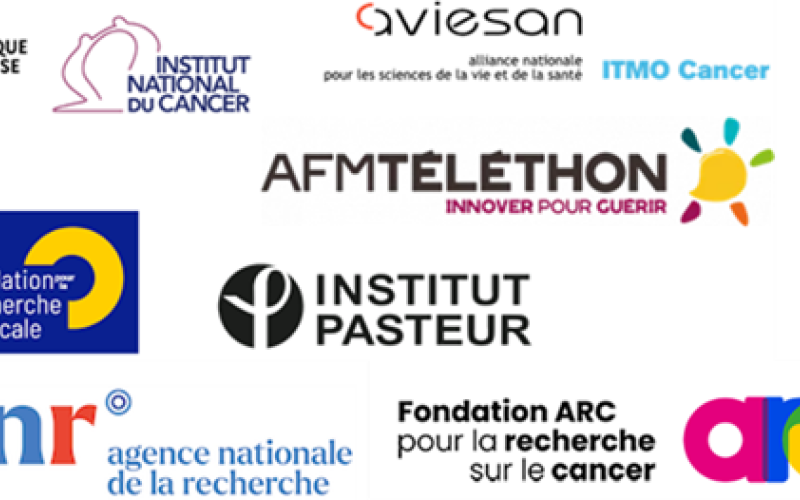Health Living Lab
The Health Living Lab has addressed research and innovation in the domain of cancer because:
- Cancer is one of the major causes of death around the world and as a consequence, it is a major research area, from the most basic research to clinical research. These efforts lead to innovations in treatments and diagnosis techniques.
- Cancer constitutes a specific axis of Horizon 2020 and Horizon Europe with a dedicated transversal mission.
- This issue involves various actors: public health authorities and public research actors, but also pharmaceutical firms, and patient associations.
- Cancer is related to a number of public health issues, such as tobacco, alcohol, nutrition or pollution.
Different actors have carried out numerous studies to describe and characterize cancer research by analysing scientific and technological outputs, such as publications, patents or clinical guidelines. The challenges of the Cancer Living Lab were, first, to be able to link funding with scientific outputs and, second, to characterize the medical and societal impact of cancer research.
An extended large group representing all main French funders on cancer has been involved in the Living Lab. They have been particularly interested in sharing OST (Science and Technology Observatory) experience of the IntelComp work with new artificial intelligence tools. They were interested in understanding the problems encountered and the solutions proposed: the analysis of the available data on projects and publications showed the difficulties in linking the different types of data. The IntelComp experiment of semantic matching services for projects and publications opened a way to resolve this issue. IntelComp thematic analysis was a good opportunity to share innovative results with policymakers on cancer results.
Related events

Cancer Living Lab - Final Event
The objective of this last event of the Cancer Living Lab involving external stakeholders was to present the application of the Interactive Model Trainer tool to define domain corpus and topic modelling, and to present the STI Viewer tool applied to cancer data with a focus on projects funded by the EU.

Health Living Lab - IMT Workshop
The Health Living Lab celebrated last 26th of June its face-to-face Interactive Model Trainer (IMT) workshop focused on the Cancer field. The Health Living Lab is coordinated by Hcéres, the French High Council for Evaluation of Research and Higher Education.

Kick-off Event: Consultation meeting with French Funders (February 2022)
The objective of this meeting was to present the IntelComp project to the main French funders of research on Cancer and to offer them the opportunity to participate in the health Living Lab. This event was also the time to collect theirs needs regarding this Living Lab.